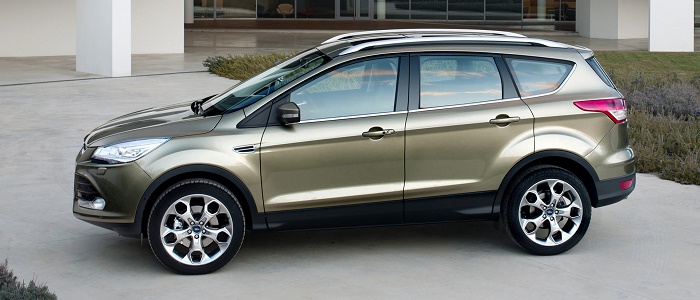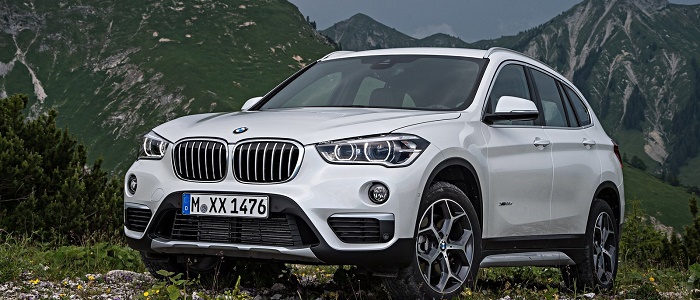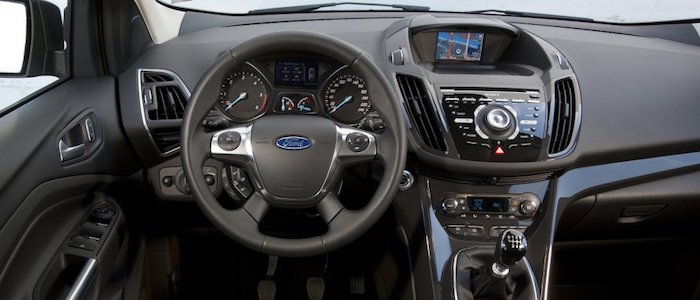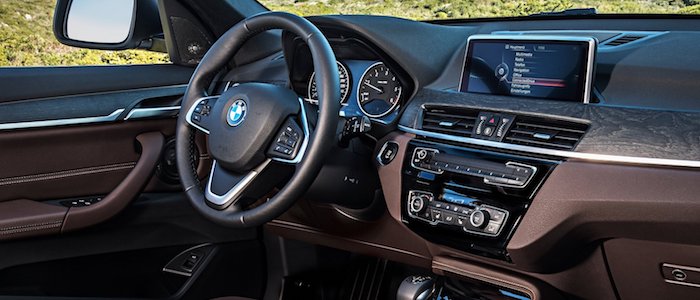Compare two cars
Compare any two cars and get our Virtual Adviser™ opinion
Dimensons & Outlines
Check vehicle history
Engine
Performance (manual gearbox)
Performance (automatic gearbox)
Expenses
Virtual Adviser's™ opinion
Well, these are two pretty similar cars we have here! It's only details that could potentially make the difference. Considering they both belong to the suv segment and utilize the same 5-door suv body style and the 4 x 4 wheel drive system, it all comes up to the specific diesel engine choice they offer. The first one has a Peugeot-engineered powertrain under the hood, a 4-cylinder, 16-valves 180hp unit, while the other one gets its power and torque from a 4-cylinder, 16-valves 190hp engine designed by BMW.
SafetyThe first thing to look into here would be the results from European New Car Assessment Programme (Euro NCAP) tests performed on the two cars. Good thing is that both vehicles got tested, with the same number of safety stars gained in the process. Moving further on, let's take a closer look at some additional safety-related facts. Both vehicles belong to the suv segment, which is generally a very good thing safety-wise, but that fact doesn't break the tie between the two cars.
ReliabilityReliability is not the best thing to consider on the make level, but it is worth mentioning that Ford as a brand displays somewhat better results, when all the models are taken into account. These are the results of an independent reasearch, while our visitors describe reliability of Ford with an average rating of 4.4, and models under the BMW badge with 4.1 out of 5. The same official information place Kuga as average reliability-wise, and X1 is more or less at the same level.Above it all, drivers of cars with the same engine as the American car rank it on average as 4.5, while the one under the competitor's bonnet gets 3.6 out of 5.
Performance & Fuel economyThere's not enough data for me to elaborate on the subject, I'm affraid.
Verdict
Ford is apparently more reliable, not too much, but just enough. The most important thing when deciding between any two vehicles should always be safety, both passive and active. In this case though, it seems that both cars show similar levels of passenger protection all together, so that won't break a tie. When it comes to performance, both vehicles provide similar experience, so I wouldn't point any of them out. Fuel consumption is more or less the same. No mistake, whatever you decide here, but I'd still go for the Ford. Nevertheless, let's not forget that people have different preferences and needs, so what really counts is your personal feel. I'm only here to help. In case you have two minutes to spare I invite you to define your needs, desires and budget and see which car would be chosen by the virtual adviser™, among thousands of similar, yet so different vehicles.

































